Davao, May 14 (V7N) – Former Philippine President Rodrigo Duterte, who is currently detained under the jurisdiction of the International Criminal Court (ICC) for charges related to crimes against humanity, has been elected as Mayor of Davao City, his hometown. Despite being in custody thousands of kilometers away from his home country, Duterte emerged victorious with a landslide win in the local elections held on Monday.
According to Reuters, 80% of votes were counted when unofficial results were released, showing that Duterte won by a wide margin, securing more than eight times the votes of his closest competitor in the Davao mayoral race.
Duterte’s victory comes despite being embroiled in ongoing legal proceedings. The former president has faced strong international criticism for his "war on drugs," which allegedly led to thousands of extrajudicial killings and violations of human rights. However, his strong political base in Davao City, where he served as mayor for over two decades, has remained loyal, helping him secure the win even while incarcerated in The Hague.
Duterte, 78, who served as the country’s president from 2016 to 2022, has been under investigation by the ICC for alleged crimes against humanity related to his controversial anti-drug crackdown. His detention has not hindered his political influence, as demonstrated by the resounding support from his constituents.
Duterte’s long political career in Davao City has established a deeply entrenched local power structure. He previously served as the mayor of Davao City for over 22 years across multiple terms. His return to the local government position reflects his continued popularity within the city, which has historically viewed him as a strong and decisive leader.
While the elections were largely dominated by local issues, Duterte's personal popularity and political legacy in Davao City played a crucial role in his election. Analysts suggest that his return to the mayor's office could further cement his political legacy, despite the ongoing international scrutiny.
Duterte's victory raises questions about the future of Philippine politics and the influence of former leaders who continue to hold significant sway despite legal challenges. His strong base of support in Davao City has often been credited to his tough stance on crime and drugs, as well as his paternalistic leadership style that resonates with many in the region.
The election also adds complexity to the already turbulent relationship between the Philippines and international institutions such as the ICC. While Duterte’s supporters celebrate his political comeback, critics argue that his ongoing detention underlines the need for accountability and justice in relation to his actions during his presidency.
Despite his detention, Duterte’s victory underscores the complexities of Philippine politics, where political influence often transcends legal challenges. It remains to be seen how his future actions will influence both local governance and his legal battles on the international stage.
END/MUL/SMA/



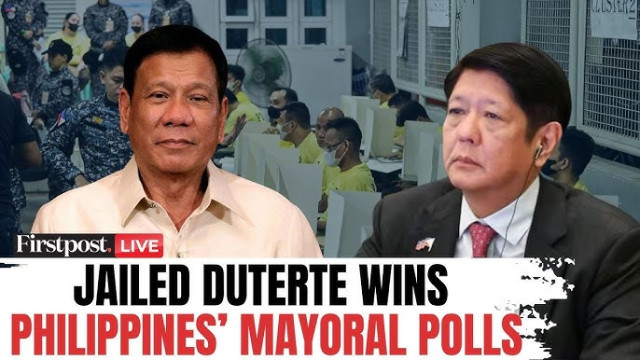
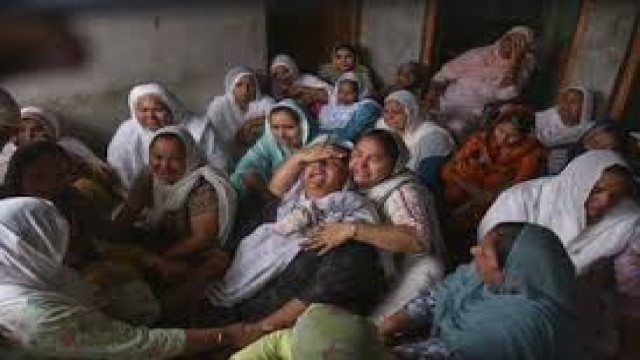
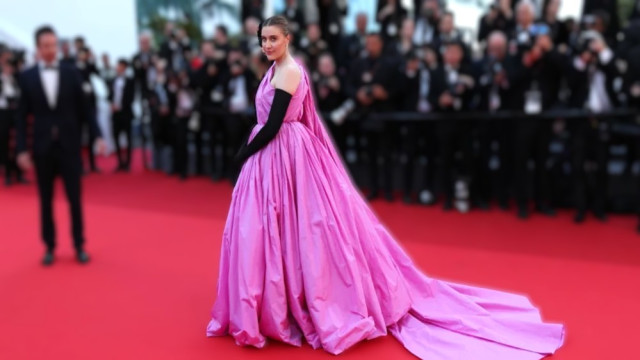
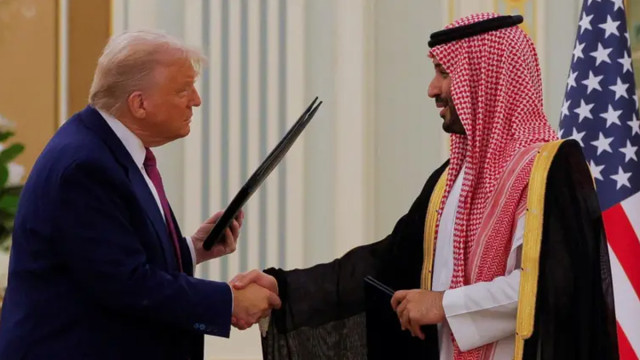
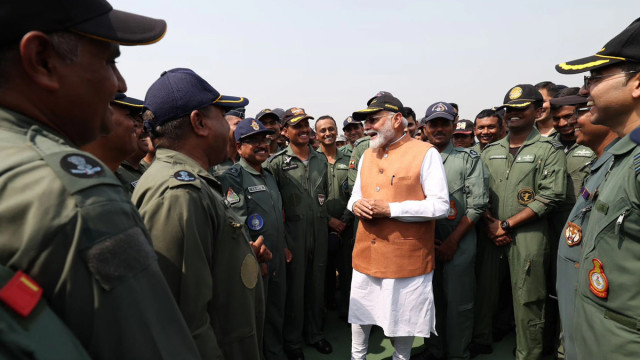
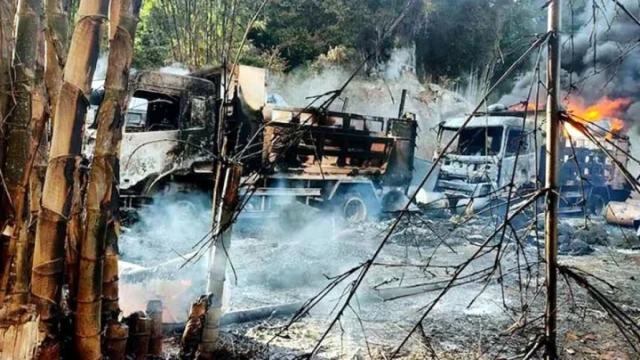
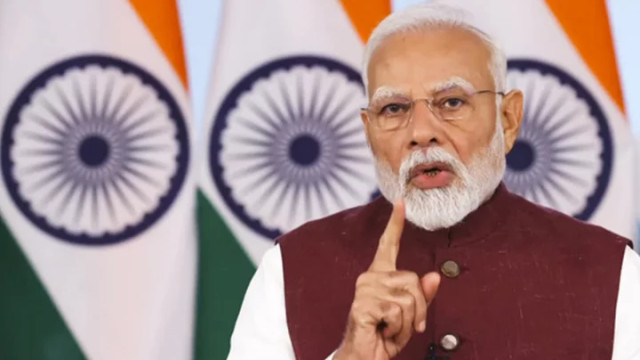
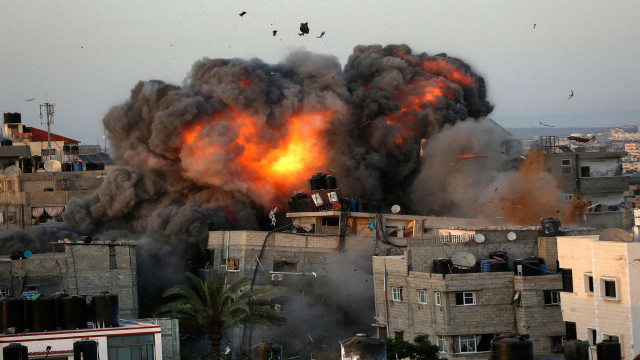
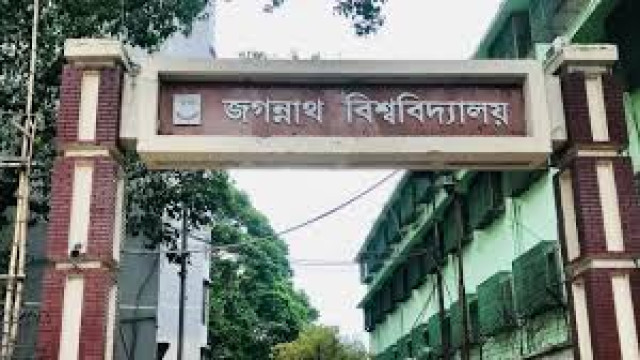
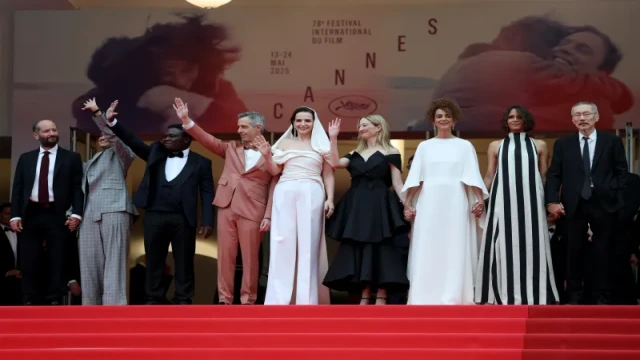
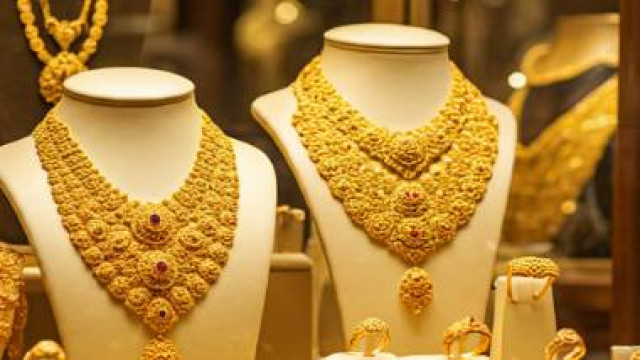
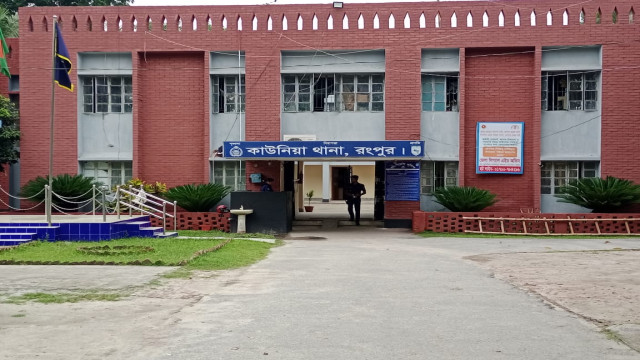
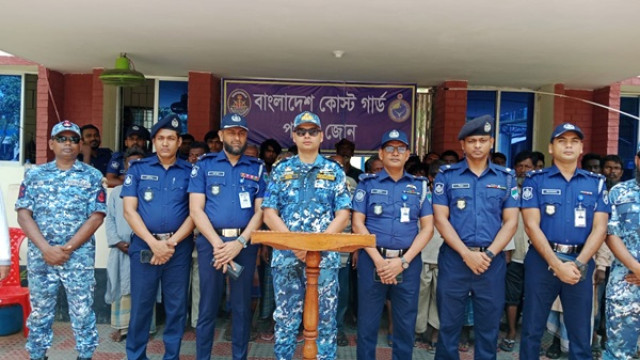
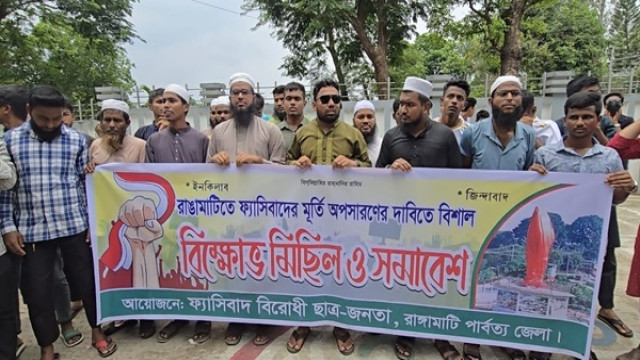
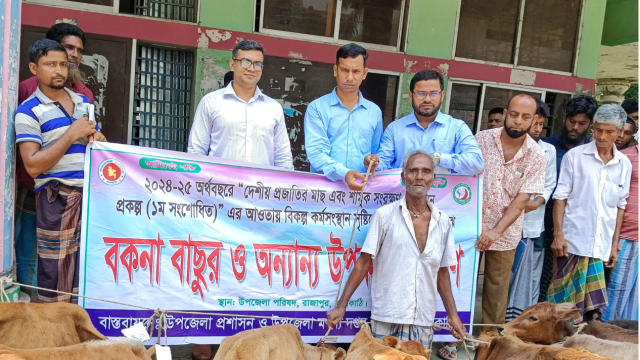

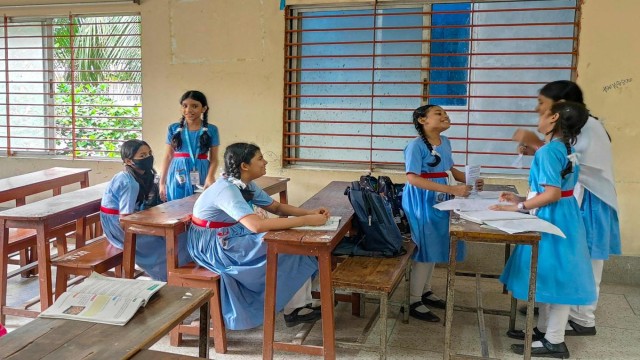
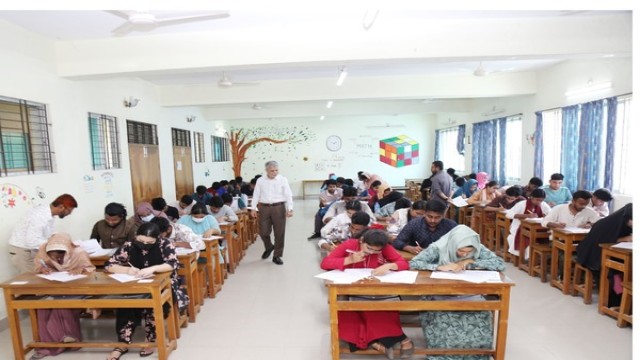
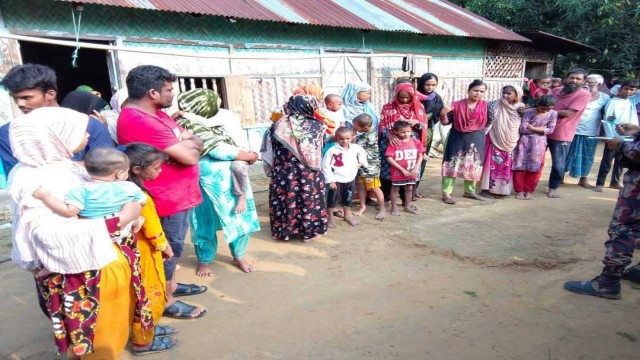

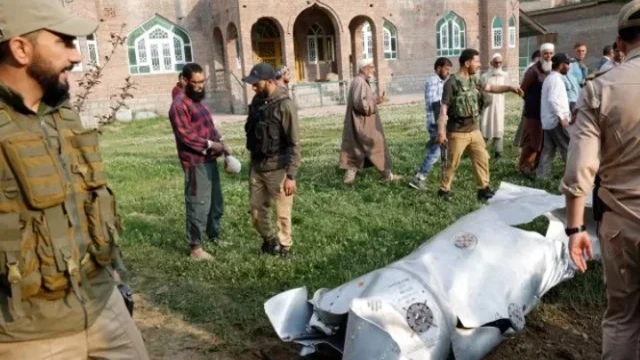
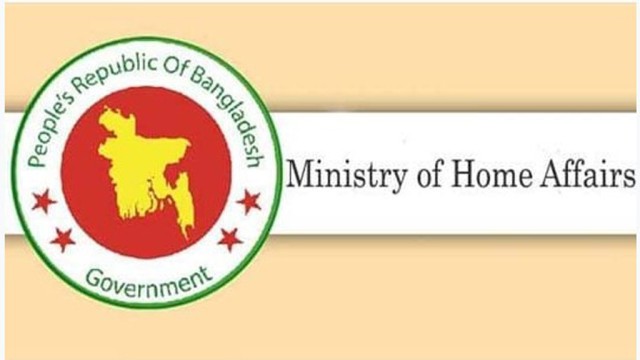
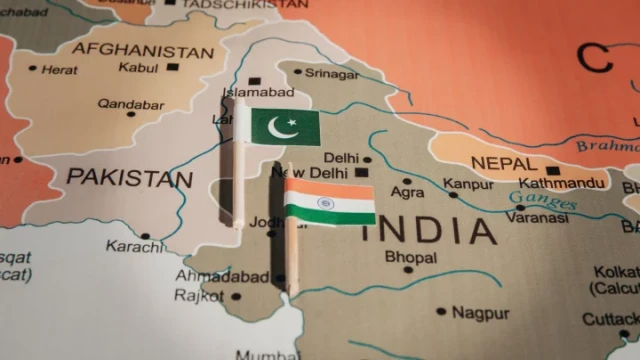
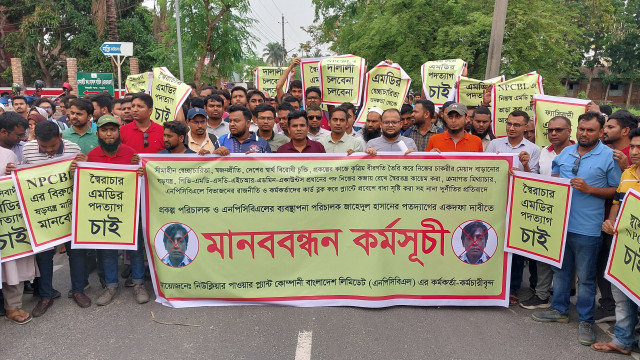
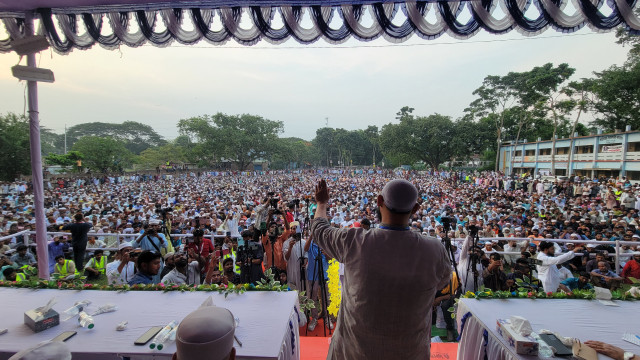
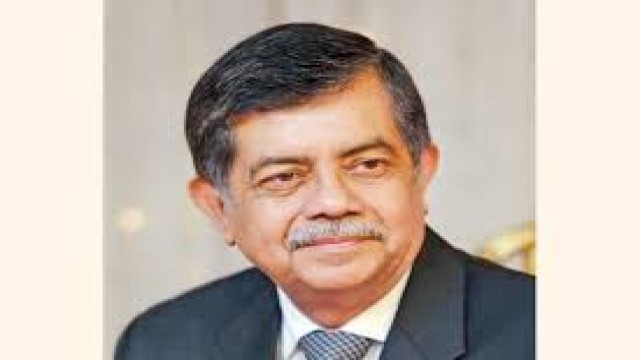
Comment: